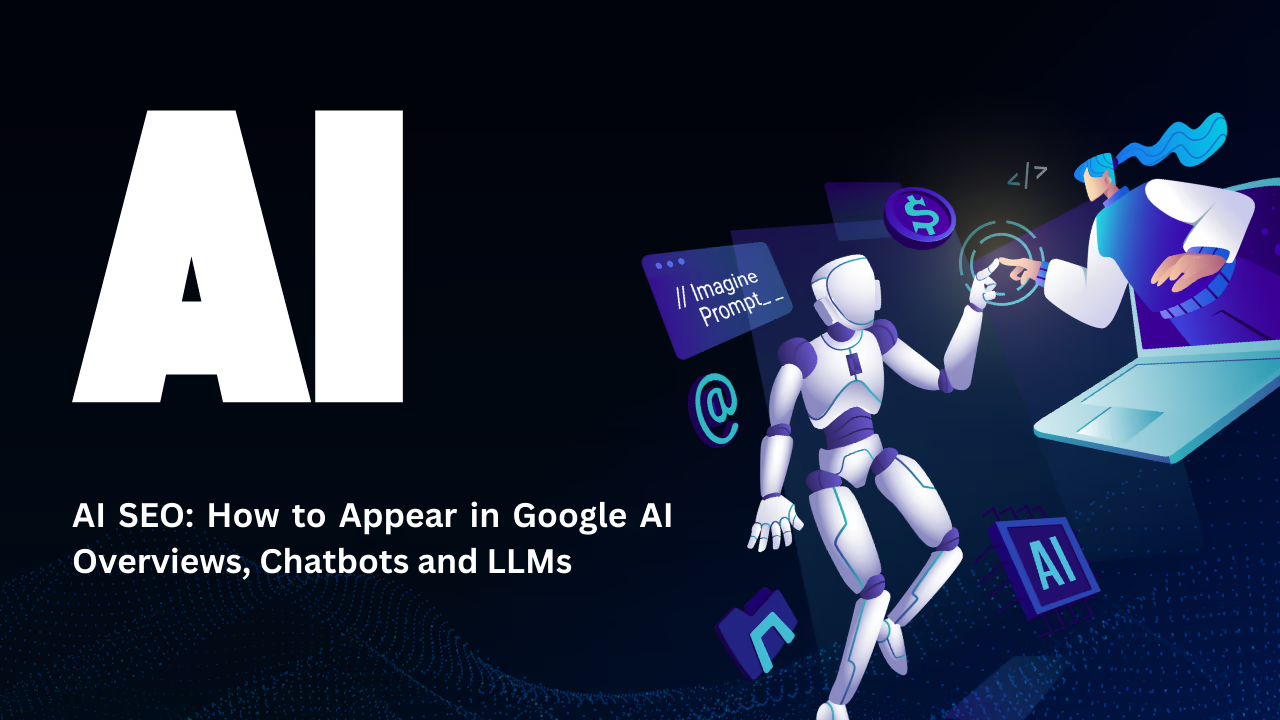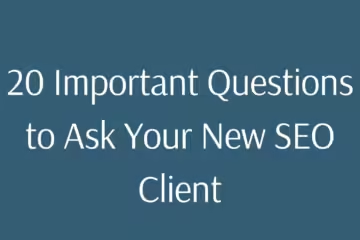Optimize your content for Google AI Overviews and become a top source for chatbots and large language models (LLMs). As AI technology advances, the world of search engine optimization (SEO) is also changing rapidly. It is of utmost importance to understand the shift from traditional search engines to AI-powered search and adapt your strategies accordingly.
According to a Gartner report, search engine volumes will see a 25% decline by 2026, with a large portion of that shifting to AI chatbots and other virtual agents. “Generative AI (GenAI) solutions are increasingly becoming answer engines in place of traditional search engines,” said Alan Entin, vice president analyst at Gartner. This means companies will have to rethink their marketing channel strategy as GenAI becomes more deeply embedded in every sector.
There are approximately 8.5 billion searches performed on Google every day. When it comes to AI-powered search, the challenge is how to emerge as a winner in both traditional search and AI-powered search. Let’s find out how to succeed in AI-powered search.
4 ways to Emerge as a Winner in AI-powered Search
According to Google Search Central, publishers don’t need to make any new efforts to benefit from AI overviews. This means that if you are already ranking well on SERPs, your content will perform well in AI-powered searches as well. Studies conducted by Authoritas and Rich Sanger have shown that there is a significant overlap between traditional search rankings and AI-powered search results. As per the study, AI overviews are significantly impacting search results, so it is important to focus on a few key strategies.
1. Maintain good rankings on Google SERPs
Rich Sanger’s study found that a webpage that ranks first in SERPs has a 53% chance of being included in AI Overviews, while the probability for a page in the tenth position is only 36.9%. So, the better your content ranks on Google, the more likely it is to be selected by AI as an answer to users’ queries.
For good rankings, pay attention to the following factors:
High-quality, authentic content
According to Google, always try to publish “content that is helpful, trustworthy, and created for people.” Write content for the benefit of readers, not just for rankings. Include rich media like images, infographics, and videos so readers spend more time on the page. Also, high-quality backlinks improve rankings.
Technical SEO and Schema Markup
Make sure your website’s technical SEO is strong so that search engines can easily crawl and understand your site. Use schema markup such as FAQ and HowTo schema. Focus on page speed and mobile optimization, and make sure the site structure is clear and accessible for crawling.
2. Target informative keywords
According to research by SEOClarity and Flow, informative keywords stand a higher chance of appearing in AI Overviews. For example, targeting the keyword “how to grow white strawberries” gives your content a higher chance of appearing in AI-powered searches, while transactional keywords like “white strawberries for sale” have lower chances. So, focus on top-of-funnel keywords to rank well in AI searches.

3. Target detailed questions and long-tail keywords
Google says that the purpose of AI-organized results is to reduce search time. Targeting detailed questions and long-tail keywords increases the chances of your content appearing in AI results. For example, target “how to choose black shoes for men” instead of “black shoes” so that you can provide better answers to users’ questions.

4. Match search intent
AI-generated results are meant to provide users with precise answers to their questions. So, tailor your content and target keywords to search intent. For example, for the keyword “list of superfoods,” AI Overviews took information from blogs that better met the search intent and included it in the AI-generated results.
AI Search Engine Visibility: Not Much Different From Traditional Search
Google AI Overviews, chatbots, and LLMs are changing the world of search, but traditional search still can’t be ignored. Performing well on SERPs requires the same effort as before. Also, while optimizing for traditional search, pay attention to optimizing for AI-powered search as well, so that your site can reach more users.

Google Search is still the leader, with 8.5 billion searches per day. Compared to ChatGPT, which does about 14 million searches per day, optimizing for traditional search engines is still the best way to go. The opportunity to get involved in AI search can make your SEO efforts even stronger.
Content and image credit:- searchengineland












